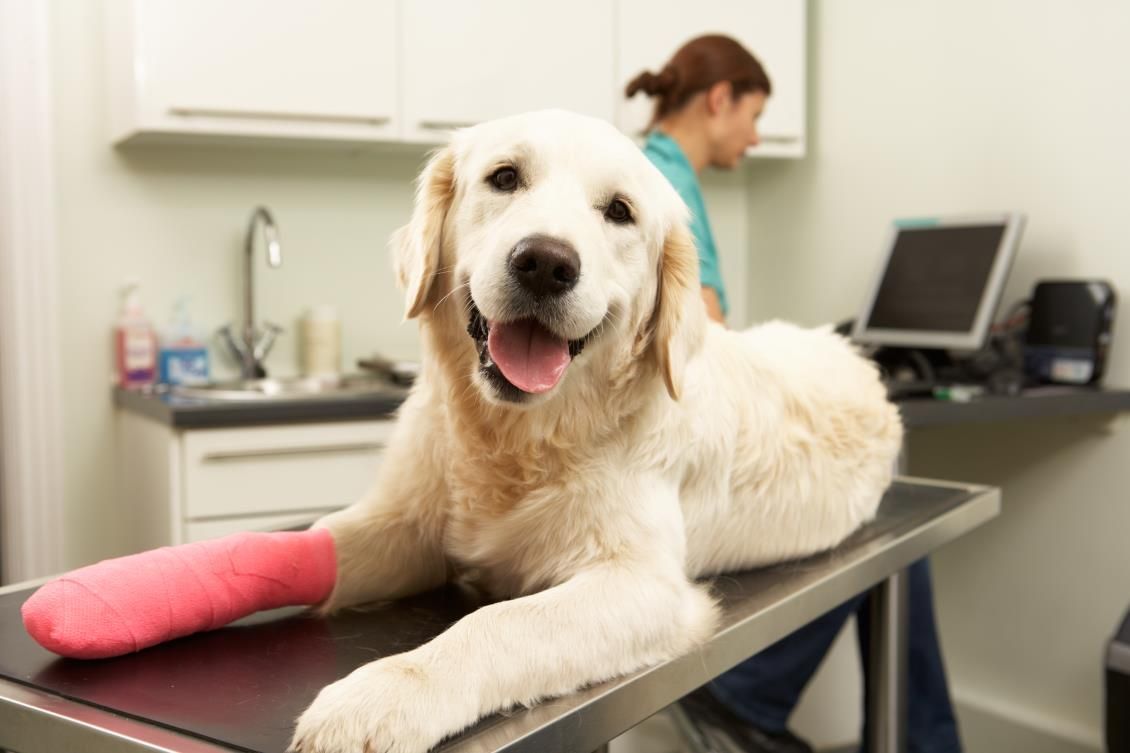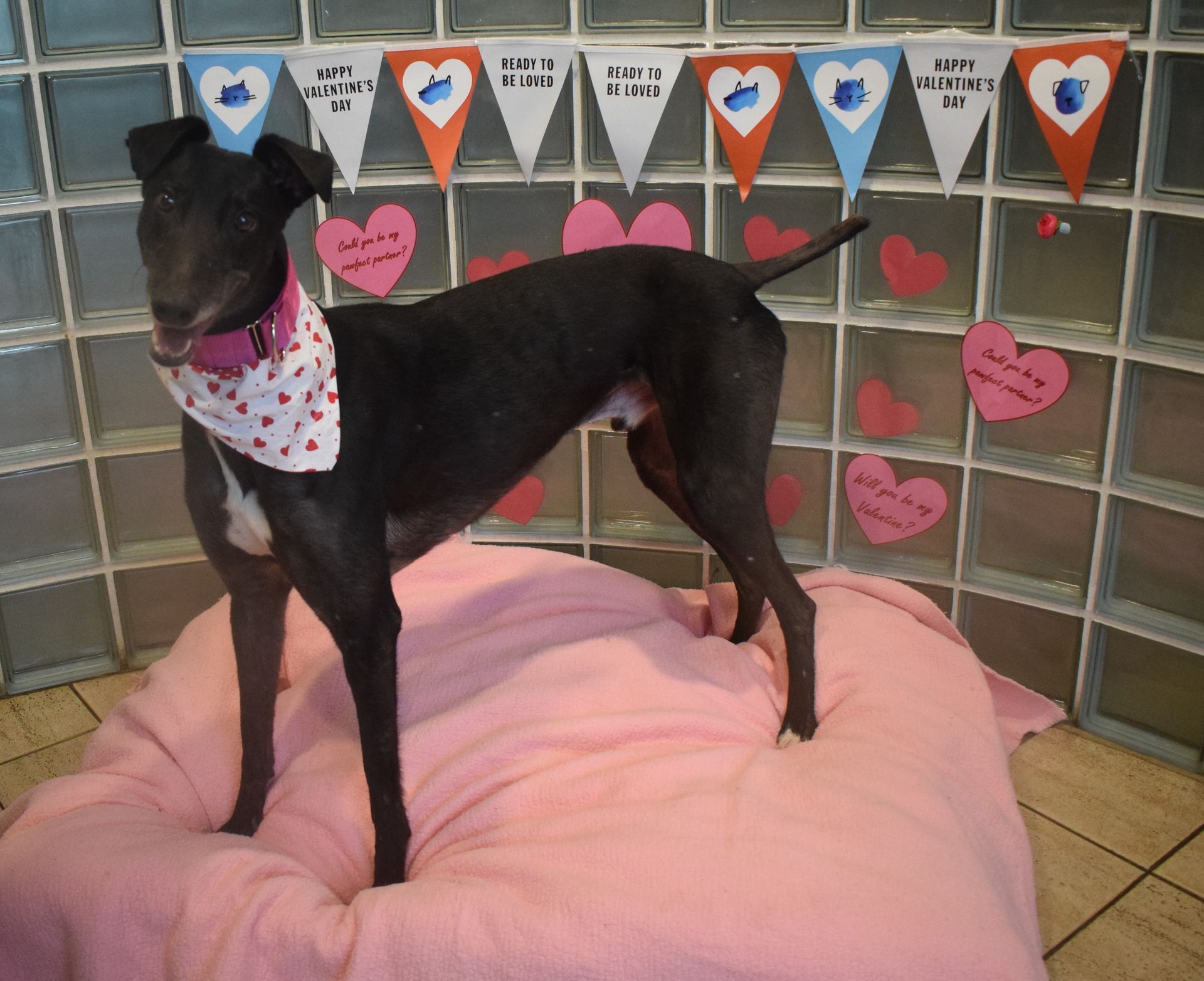How to Start a Career as a Veterinary Nurse in the UK
Jobs for Dog Lovers | Recruitment Tips & Advice

If you’re passionate about animal welfare and want a hands-on role in their care, becoming a veterinary nurse in the UK can be an incredibly rewarding career. Veterinary nurses work alongside veterinarians to provide medical and surgical support for pets, farm animals and even wildlife. Here’s a guide to help you begin your journey in the UK.
1. Understand the Role of a Veterinary Nurse
Veterinary nurses in the UK play a critical role in animal healthcare. Their duties include:
- Assisting in surgery and administering anaesthetics.
- Caring for inpatients and monitoring their recovery.
- Educating pet owners about preventative care and treatments.
- Conducting diagnostic tests like blood sampling and X-rays.
Veterinary nursing is regulated by the Royal College of Veterinary Surgeons (RCVS), and you’ll need to complete specific training to qualify for the role.
2. Educational Pathways
To become a veterinary nurse in the UK, you’ll need to complete an RCVS-approved qualification. There are two main routes:
- Vocational Route (Apprenticeship):
- Enrol in a Level 3 Diploma in Veterinary Nursing.
- This is a practical, hands-on approach where you work in a veterinary practice while studying at a college.
- Training typically takes 2–3 years and involves coursework and practical assessments.
- Degree Route:
- Study a Foundation or Bachelor’s Degree in Veterinary Nursing at an RCVS-approved university.
- These courses combine academic study with practical placements in veterinary practices.
- A degree usually takes 3–4 years to complete.
Both routes require you to complete a minimum of 1,800 hours of clinical training in an approved practice.
3. Entry Requirements
Before starting your training, ensure you meet the entry requirements:
- GCSEs (or equivalent) at grade 4/C or above in English, Mathematics, and Science.
- Some programs may also require A-levels or Level 3 qualifications in subjects such as Biology or Animal Care.
- Experience working with animals is highly advantageous when applying for courses or apprenticeships.
4. Register with the RCVS
After completing your qualification, you’ll need to register with the RCVS to practice as a veterinary nurse. This process involves:
- Providing evidence of your qualification.
- Agreeing to adhere to the RCVS Code of Professional Conduct.
- Paying an annual registration fee.
Being an RCVS-registered veterinary nurse (RVN) is essential to legally work in the profession in the UK.
5. Gain Experience
While studying, try to gain additional experience working with animals. Volunteering at animal shelters, farms, or wildlife centres can help you develop key skills such as animal handling and teamwork. Many students find part-time work in veterinary practices or kennels to gain practical experience alongside their studies.
6. Build Key Skills
Veterinary nursing requires a mix of technical expertise and interpersonal skills. Focus on developing:
- Empathy: Supporting pet owners during challenging times.
- Animal Handling: Safely and compassionately managing animals of all sizes.
- Attention to Detail: Ensuring accuracy in administering treatments and maintaining records.
- Physical Stamina: The role can be physically demanding, requiring long hours on your feet.
7. Find Employment
Once qualified and registered, you can work in a variety of settings, including:
- Veterinary practices (small animal, equine, or mixed).
- Animal charities like the RSPCA or Blue Cross.
- Zoos and wildlife parks.
- Specialist referral centres.
Use veterinary-specific job boards, such as Vet Times Jobs or the British Veterinary Nursing Association (BVNA) job portal, to find opportunities.
8. Consider Specialisation
After gaining experience, you may choose to specialise in areas like:
- Surgical Nursing: Assisting in complex surgeries.
- Emergency and Critical Care: Caring for critically ill or injured animals.
- Exotic Animal Nursing: Working with reptiles, birds and other exotic pets.
- Animal Behaviour: Helping pets with behavioural challenges.
Specialising can enhance your career prospects and earning potential.
9. Pursue Continuing Professional Development (CPD)
In the UK, veterinary nurses are required to complete 15 hours of CPD annually to maintain their RCVS registration. CPD can include:
- Attending workshops or conferences.
- Completing online courses or webinars.
- Participating in professional networks, such as the BVNA.
Continuing education keeps your skills up to date and ensures you provide the best care possible.
10. Explore Career Progression
Veterinary nursing offers various opportunities for growth:
- Head Veterinary Nurse: Overseeing a team of nurses and practice operations.
- Teaching or Training: Educating the next generation of veterinary nurses.
- Practice Management: Managing the business side of a veterinary practice.
- Further Education: Pursue advanced qualifications, such as a diploma in Advanced Veterinary Nursing or a degree in Veterinary Medicine.
Final Thoughts
A career as a veterinary nurse in the UK is both challenging and deeply rewarding. Whether you’re assisting in surgeries, caring for hospitalised animals, or educating pet owners, your work will make a real difference in the lives of animals and their owners. By following the steps outlined above and committing to lifelong learning, you can build a successful and fulfilling career in veterinary nursing.
The path may be demanding, but for those with a passion for animals, it’s a journey worth taking.


